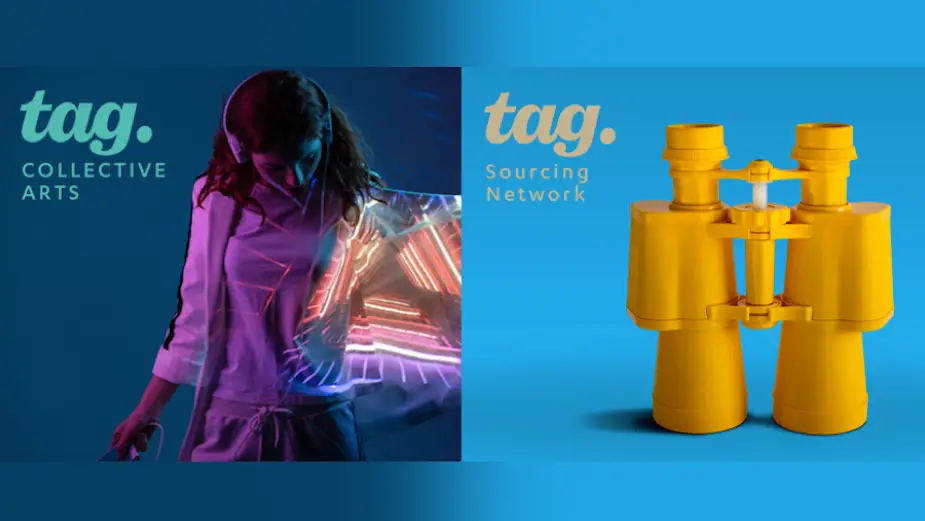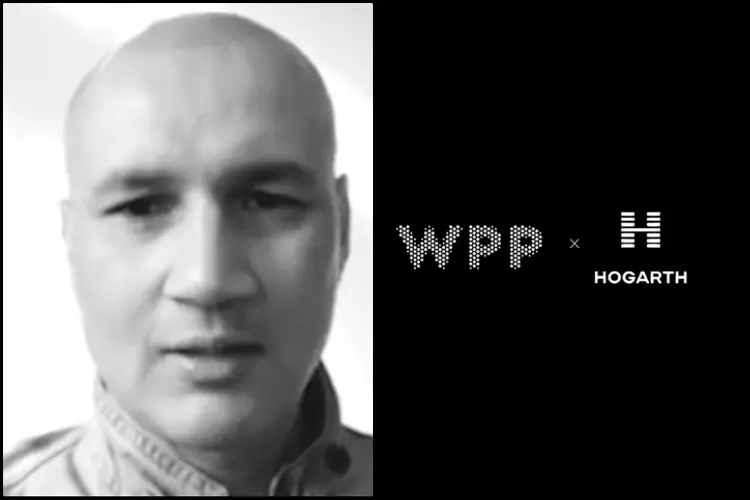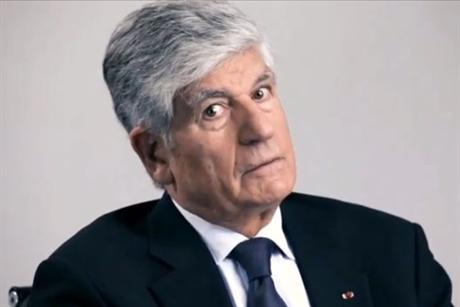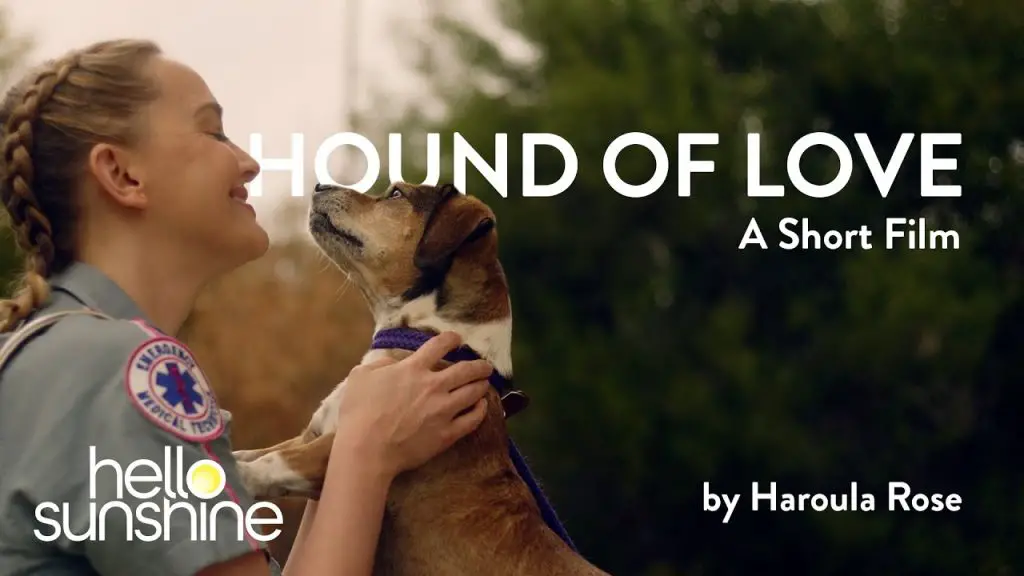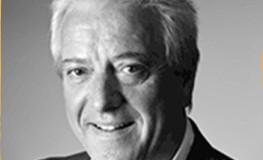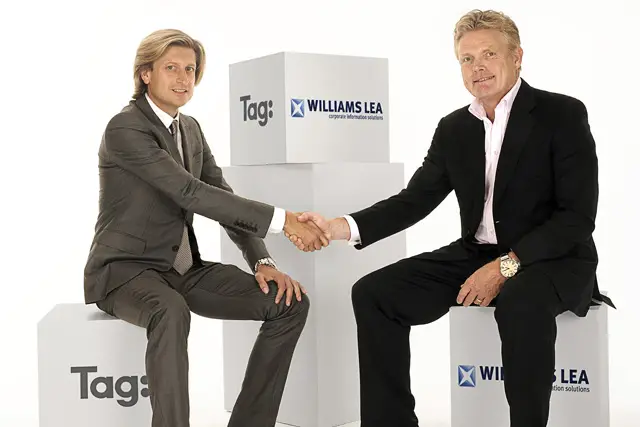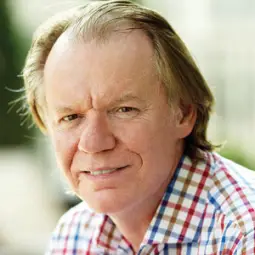

My first job in advertising was in an ad agency production department – that area of an agency that’s traditionally stuck in the basement, hidden away from clients, without a seat on the board, and rarely a voice of influence.
Times are changing however, and these quiet production departments are breaking out on their own. Although mostly in Europe so far, these vast new “decoupling” companies are giving clients direct access to one of traditional advertising agency’s key deliverables – and enabling them to have their own creative ideas professionally produced, and distributed, on a global scale.
This move has the potential to be a huge game-changer in the agency/client relationship.
Once upon a time, advertising agencies did three things for clients: come up with ideas (ideation), produce them (production), and place them (media buying). When media buying was taken out of agencies, it was a big deal. They lost control over where and how their idea would be viewed by the consumer.
I think the coming separation of the production of the idea, called “decoupling” or “centralized production,” from the creation of the idea, is going to be an even bigger deal.
Whatever you call it, decoupling can often lead to an almost 30 per cent saving for clients on production. An excellent conversation starter with a client.
Decoupling companies such as TAG, Hogarth and Deliver (which merged in 2012), Love Europe, ICP, and the recently formed, Craft, are changing the advertising agency and marketing production worlds. Clients are engaging these companies directly to produce, distribute, translate and transcreate global campaigns for brands.
They work in every country, with every media from TV to print, radio, and digital, and more.


“We ideate, create and execute on all our campaigns,” he continues. “TAG handles the last two easily. No fuss. From changing bottle design and labeling to re-sizing in all media, and more, so we have assets ready when needed. This leaves our agencies free to focus on what they’re really good at: ideating.”
That last point was the important one for me. More of that later.
Traditionally, advertising agencies handled all these details for clients:one-stop shopping. Today, clients want more control, efficiency and transparency over the production of the creative.
Peter Kuhn, managing director of TAG Worldwide chimed in, “We are just at the beginning of where this will go. We call what we do today ‘product versioning,’ and that is developing rapidly into ‘personalized messaging.’”
“For example,” continued Kuhn, “say Audi wants a single piece of work to promote its latest victory in the 24 Hours Le Mans race. In Germany, the communication will be focused on the Audi. In Brazil, it will be about the Brazilian driver.”
One step further, they could show you that Cadillac you were eying at the local dealer looking stunning in your driveway (via Google Streetview), or outside your favorite restaurant with your own personalized plate. “We will make all these various personalized messages happen,” said Kuhn.
It could be argued that these new companies are ideating, producing and touching on media as well.
To me, though, the biggest piece of this is the creative freedom it will offer clients – they’ll now be more readily equipped to hire any creative agency, irrespective of production capabilities, global footprint or media discipline, as well as have the freedom to further explore development of their own in-house creative.
As we’ve surmised, all this is good for the client, however, there is a downside. These new options are putting more pressure on the clients to keep all the different companies working well together and on track – a skill set that was traditionally handled by advertising agencies.
“I do feel a little like a marriage counselor sometimes–delivering brand needs while helping to manage our agency relationships,” Diageo’s Isaia said.
This post first appeared in Forbes.


